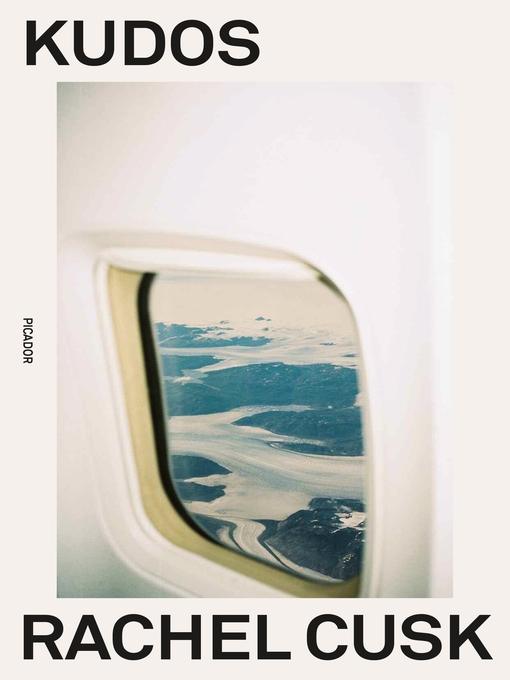New York Times 100 Notable Books of 2018 Amazon Editors' Top 100 of 2018
Rachel Cusk, the award-winning and critically acclaimed author of Outline and Transit, completes the transcendent literary trilogy with Kudos, a novel of unsettling power.
A woman writer visits a Europe in flux, where questions of personal and political identity are rising to the surface and the trauma of change is opening up new possibilities of loss and renewal. Within the rituals of literary culture, Faye finds the human story in disarray amid differing attitudes toward the public performance of the creative persona. She begins to identify among the people she meets a tension between truth and representation, a fissure that accrues great dramatic force as Kudos reaches a profound and beautiful climax.
In this conclusion to her groundbreaking trilogy, Cusk unflinchingly explores the nature of family and art, justice and love, and the ultimate value of suffering. She is without question one of our most important living writers.
-
Description
-
Details
-
Reviews

Kindle Book
- Release date: June 5, 2018
OverDrive Read
- ISBN: 9780374714581
- File size: 751 KB
- Release date: June 5, 2018
EPUB ebook
- ISBN: 9780374714581
- File size: 1342 KB
- Release date: June 5, 2018

Loading
